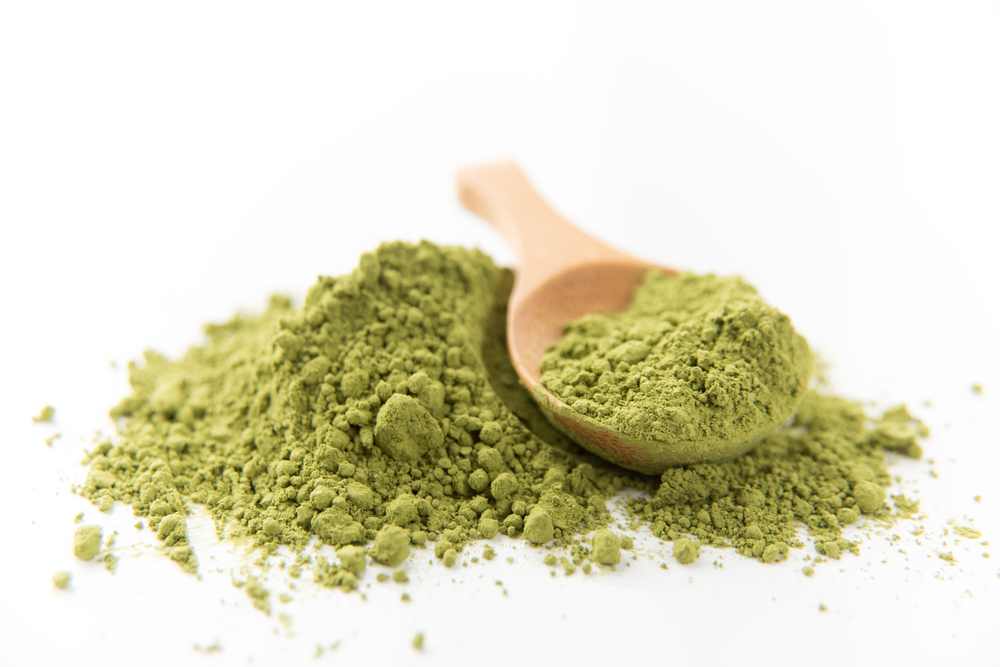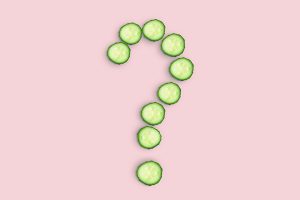Why matcha is a wonder powder

GOODNESS IN A SIP
Buddhist monks have been enjoying this drink for over 1,000 years. And for good reason. A cup of matcha – a very finely milled green tea powder – is more than just a refreshing, thirst-quenching drink, it’s also packed with an almost endless list of beneficial properties. It contains potent and unique antioxidants known as catechins.
So, what are the benefits of matcha?
In particular, the catechin EGCg has anti-cancer, anti-inflammatory and anti-ageing properties. Not only that, it helps to build bone strength and prevents bone loss – particularly useful for women going through the menopause, who need to protect themselves against osteoporosis.
It’s also claimed that green tea helps to heal broken bones and reduces the build-up of amyloid plaques and phosphorylated tau proteins, which are two of the processes that occur in Alzheimer’s disease, leading to a decline in memory and cognitive function. What’s more, active substances in green tea reach the skin and provide protection against the damaging effects of the sun.
DE-STRESS YOURSELF
High doses of caffeine can cause an increase in stress hormones in our body – fortunately, green tea contains only small amounts, and has a natural substance called L-theanine, which is sold as a stress reliever in Japan. The good news for caffeine-junkies is that L-theanine reacts with the caffeine to release it more slowly into our system.
WEIGHTY ISSUE
If you’re trying to lose a little weight, green tea could be your new best friend. In a study carried out with 35 obese men and women, it was found that those who drank four cups of green tea daily for two months lost significantly more weight than those in the test who just drank water instead.
Green tea may support weight loss in several ways: by increasing the burning of fat for energy, and reducing fat absorption and even appetite. This drink also helps to keep teeth and gums healthy, and reduce bad breath, thanks to its natural disinfectant and deodorant qualities.
THE ORGANIC GUARANTEE
Reports by Greenpeace have determined that non-organic teas from India and China contain traces of more than 10 pesticides. These have been found to build up in our fatty tissue and cause damage years – or even generations – down the line.
Tea produced to EU organic standards doesn’t contain anything nasty (and it’s kind to the environment, as well as beneficial to the lives of tea growers and workers), so choose your brand of matcha wisely.
Brilliant Brew
Zen monk Eisai, who introduced matcha tea to Japan in the 12th century, called it ‘the ultimate mental and medical remedy’
Unmatchable
Matcha originates from Japan and gets its name from a combination of the words ‘cha’, meaning tea, and ‘ma’, which is powder. It’s made from the leaf tips of the Camellia sinensis, a shrub native to southern China. It is carefully shaded from the sun to increase its chlorophyll content and, once the best leaves have been selected, the fibres are removed. They are then steamed, gently air-dried and ground into a fine powder.
Read more: The benefits of coffee that make it almost healthy








